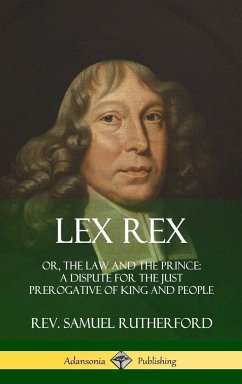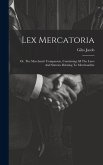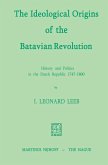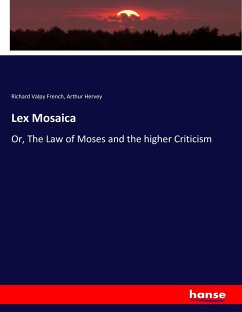Reverend Samuel Rutherford wrote Lex, Rex to defend and advance the Presbytarian ideals in government and political life, and oppose the notion of a monarch's Divine Right to rule. Writing in the 1640s, Rutherford lived in a time of political tumult and upheaval. The notion of Divine Right - whether a monarch ruled with the authority of God - was under increasing question. The steadily waning power of the king, increasing rates of literacy and education, and enfranchisement of classes that followed the Renaissance bore fruit in demands for governmental reform. No greater were these trends felt than in England, whose Parliament had over centuries gained power. Shaken to its foundations by the aftermath of religious Reformation in the 1500s, the monarchy was under great scrutiny. The follies of absolute power, whereby one ruler had capacity to take decisions affecting the lives of millions, were now an active source of agitation and discontentment in both the halls of power and amid the wider populace.
Hinweis: Dieser Artikel kann nur an eine deutsche Lieferadresse ausgeliefert werden.
Hinweis: Dieser Artikel kann nur an eine deutsche Lieferadresse ausgeliefert werden.








